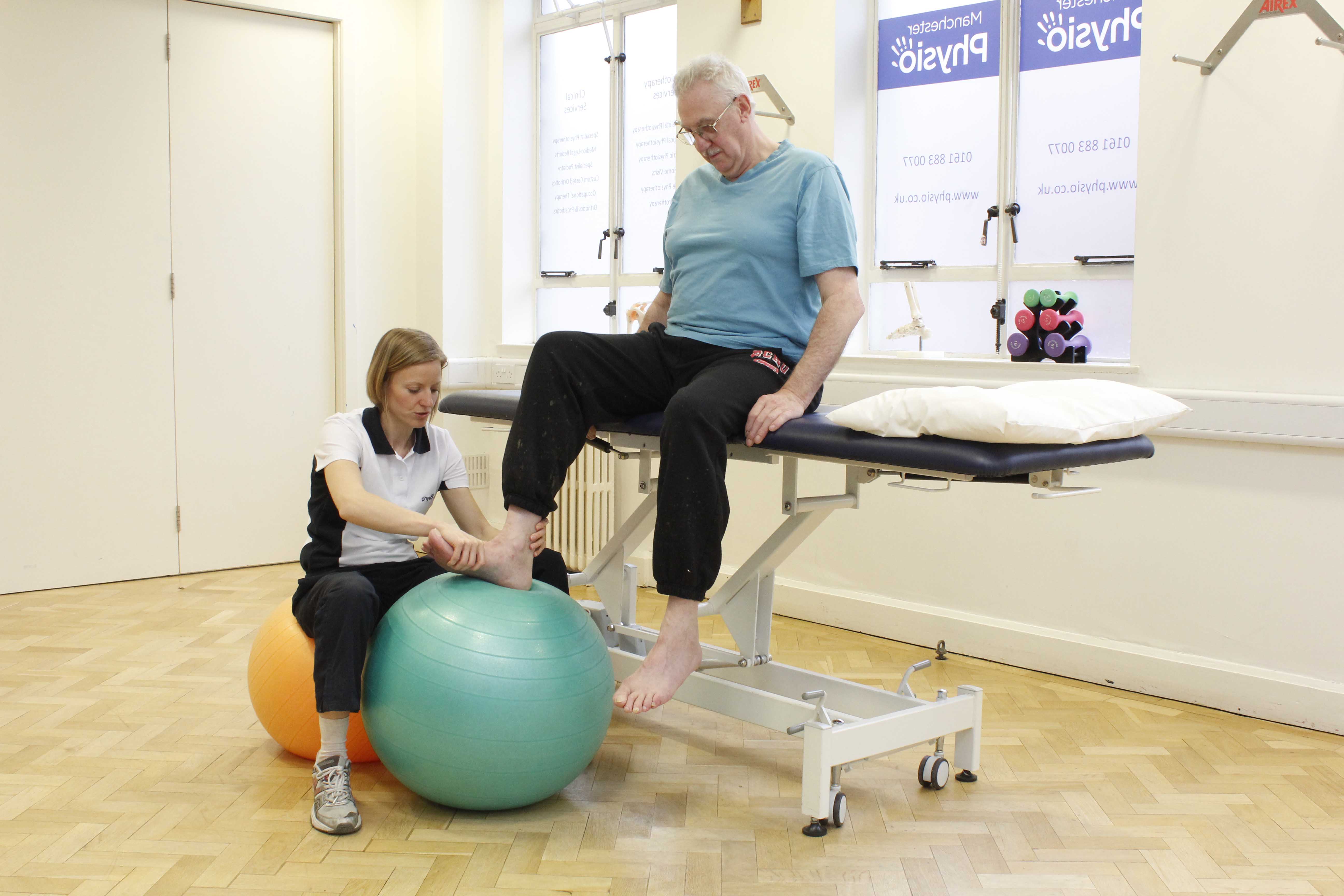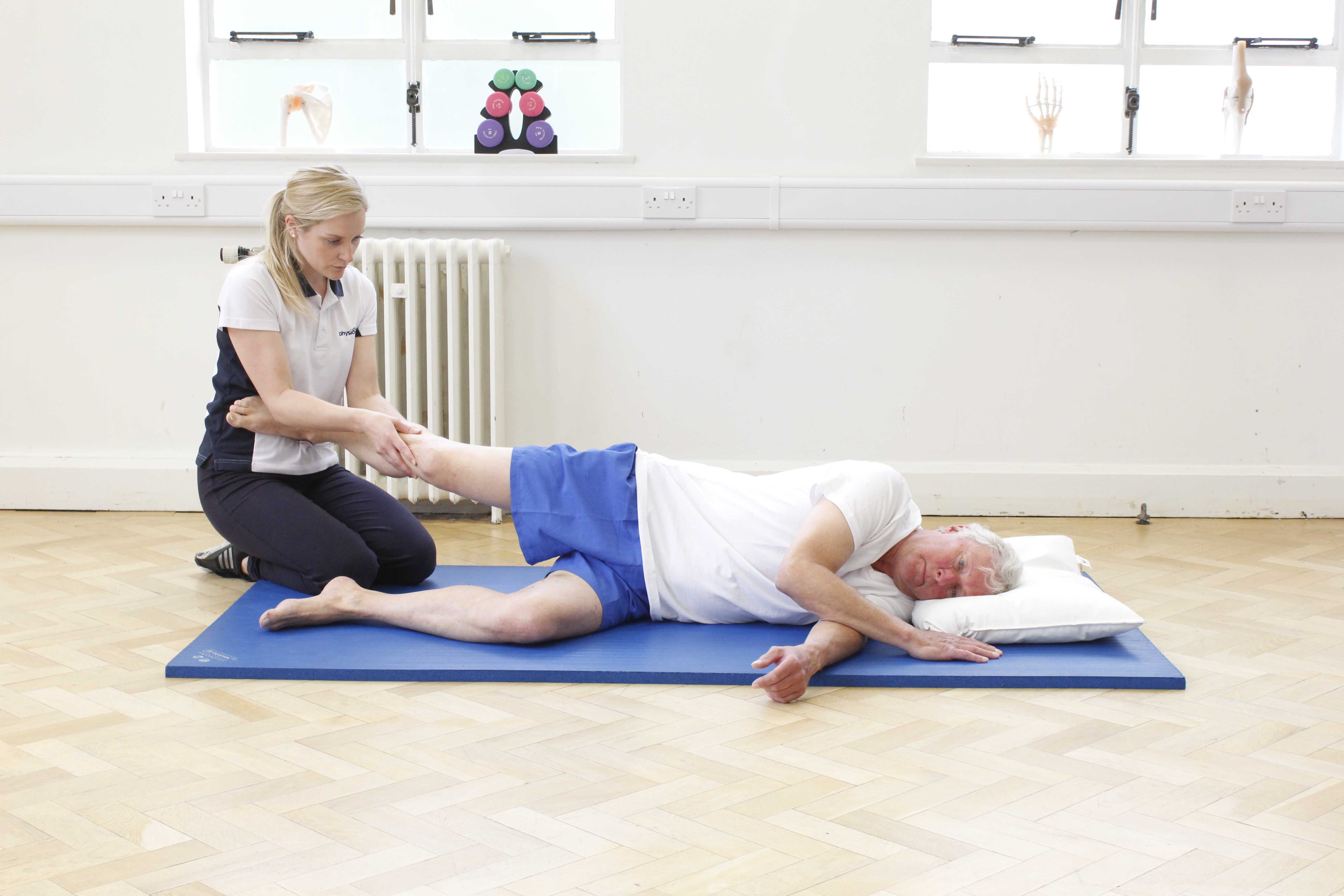Cause of osteoporosis
The specific cause of osteoporosis is not known. However, the risk of developing osteoporosis is increased with age and by being female rather than male. It is more likely to occur if you have a family history of osteoporosis and if you have an oestrogen deficiency following menopause. Modifiable risk factors are smoking, alcohol intake, a poor diet and too much or too little activity. Links have also been found with a deficiency of vitamin D and soft drinks that contain phosphoric acid.
Types of osteoporosis
There are three types of osteoporosis.
Type 1 mostly affects women after menopause due to the hormonal changes.
Type 2 affects both men and women over the age of 75.
The third type is called secondary osteoporosis. This affects men and women at any age and is due to a pre-existing medical condition or prolonged use of steroids.
Symptoms of osteoporosis
There are no symptoms of osteoporosis other than that the individual is at more risk than usual of breaking a bone. Therefore, a diagnosis is not usually made until an individual is in hospital due to a fracture.The most common bones to break with osteoporosis are wrists, hips and the bones in the spine.
Diagnosis of osteoporosis
Osteoporosis is diagnosed using an X-ray, computed tomography (CT), magnetic resonance imaging (MRI) and bone mineral density (BMD) testing in the hospital setting.
 Above: Mobilisations of the foot and ankle to relieve pain and stiffness
Above: Mobilisations of the foot and ankle to relieve pain and stiffnessTreatment of osteoporosis
There is no cure for osteoporosis. Treatment for osteoporosis is focused on reducing the risk of fractures and depends upon the progression of the disease, the patient?s gender and lifestyle. Advice and support will be provided to enable the individual to stop smoking, limit alcohol intake and increase calcium and vitamin D intake. It is important to discuss the advantages and disadvantages of medication and oestrogen replacement therapy with your doctor in relation to the treatment of osteoporosis. Physiotherapy and exercise is an essential part of rehabilitation after a fracture and prevention of further fractures in the future.
Physiotherapy for osteoporosis
Physiotherapy plays an important role in reducing the risk of fractures and also returning to function after a fracture has taken place. If an elderly individual has a fall and fracture, they are most likely going to require an inpatient hospital stay for several weeks whilst they re-gain muscle strength, mobility and confidence. It is essential that the individual has intensive physiotherapy whilst they are in the hospital setting and also once they are back in the community. It can take some time to learn to walk and move around again after a fall and it can seem daunting to return to daily chores and routine.
Your specialist physiotherapist at Physio.co.uk will carry out a full physical assessment and examination. Following on from this, your physiotherapist will discuss your main problems and the goals of treatment. Depending on the individual’s clinical presentation, the treatment plan may focus on:
- Falls education
- Weight-bearing exercises
- Balance activities
- Strength training
- Mobility practice
- Practice of functional tasks
- Provision of walking aids and equipment
- Pain relief
- Hydrotherapy
- Lifestyle advice
Individuals with osteoporosis substantially benefit from holistic physiotherapy assessment and treatment. The benefits of physiotherapy for the individual with osteoporosis include:
- Reduced risk of falls
- Reduced risk of fractures
- Reduced pain
- Increased balance
- Increased mobility
- Increased independence
- Learn exercises to do in your own time
 Above: Mobilisations of the knee to relieve pain and stiffness
Above: Mobilisations of the knee to relieve pain and stiffnessWhy Physio.co.uk for osteoporosis
At Physio.co.uk we understand that falling over and fracture is a worry and a concern for individuals with osteoporosis. Our experienced physiotherapists have valuable experience in the assessment and treatment of individuals with osteoporosis. We can help reduce the risk of falls and fracture through exercise and advice to increase your confidence and overall quality of life.
- No waiting lists
- Treatment to reduce the risk of fracture
- Treatment after a fracture to assist return to previous level of ability
- Treatment at home, in clinic or care home
- Friendly, experienced physiotherapists
- Flexible appointment times
- Proven track record
- Access to hydrotherapy
- Access to occupational therapy

 0330 088 7800
0330 088 7800





































